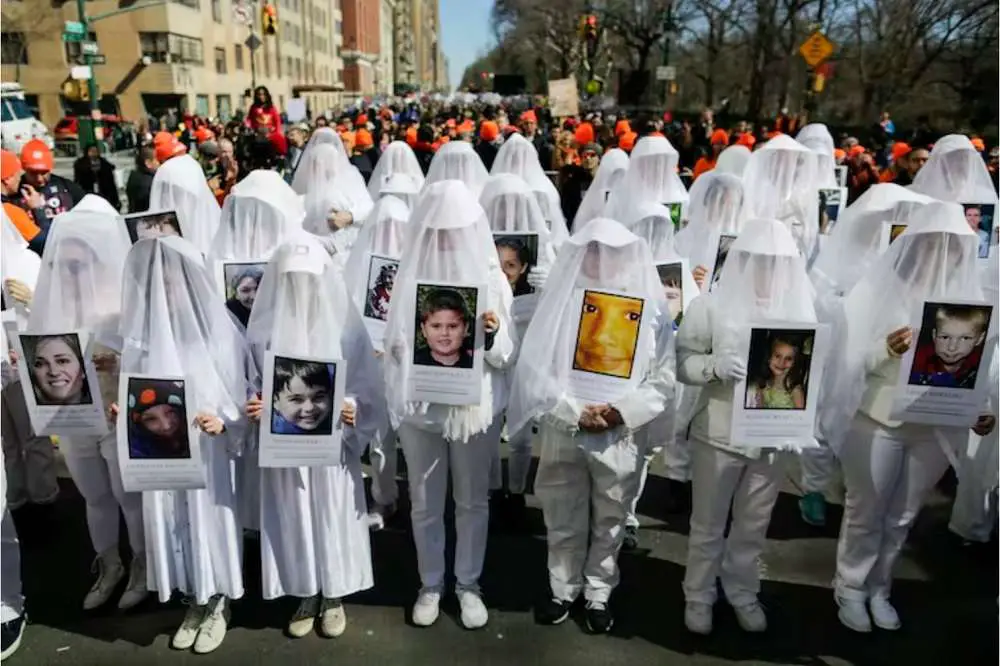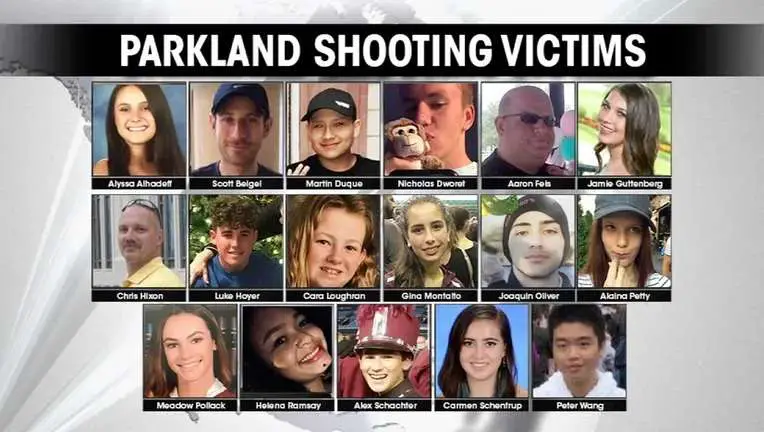Table of Contents
The Sandy Hook Tragedy: A Painful Turning Point

On December 14, 2012, the nation was shattered by the horrific mass shooting at Sandy Hook Elementary School in Connecticut. The lives of 20 first-graders and six school staffers were tragically cut short. In the aftermath of this devastating event, something even more unsettling emerged—a conspiracy theory that sought to deny the very existence of the tragedy.
At the forefront of this disturbing narrative was Alex Jones, a prominent figure known for his media platform. Jones brazenly claimed that the Sandy Hook attack was nothing but a hoax, asserting that the young victims were not real, but rather “actors” hired to stage the event.
The pain and anguish of grieving parents were compounded as they found themselves defending the memory of their children, releasing birth certificates to prove their existence and, incredibly, having to rebuff requests to exhume their children’s bodies.
The Persistent Dark Cloud of Conspiracy Theories

Tragically, mass shootings in the United States have continued to be marred by the spread of conspiracy theories, adding further distress to the victims’ families and the survivors. After the Parkland, Florida shooting at Marjory Stoneman Douglas High School in which 17 lives were lost, survivors were subjected to the cruel label of “crisis actors.”
Similarly, when a gunman unleashed terror in Las Vegas, resulting in the deaths of 58 people, wild theories emerged, suggesting that he had not acted alone. These narratives often claim that such incidents are “false flag” attacks, orchestrated by a shadowy “deep state” with the intention of advancing gun control legislation.
The Persistence of “False Flag” Theories
The phrase “false flag” refers to covert operations carried out by one party but made to appear as if they were orchestrated by another. In the context of mass shootings, conspiracy theorists allege that these tragic events are not the work of lone gunmen or disturbed individuals but rather elaborate schemes designed to manipulate public opinion and, in particular, to promote stricter gun control laws. This persistent notion raises a critical question: If these theories were valid, why hasn’t the United States enacted substantial gun control measures by now?
Debunking the “False Flag” Myth
To address the prevalence of “false flag” conspiracy theories, it’s essential to examine the flawed premises upon which they are built. Firstly, these theories often hinge on the idea of a powerful and secretive “deep state” orchestrating such events. However, the practical feasibility of executing large-scale conspiracies involving multiple participants, witnesses, and investigators without a leak or a whistleblower emerging is highly implausible.
Secondly, the assumption that the purpose of these alleged “false flags” is to enact gun control measures overlooks the broader political landscape. The United States has indeed witnessed impassioned debates over gun control in the wake of mass shootings, yet the passage of comprehensive legislation remains a formidable challenge. The complexities of American politics, the influence of interest groups, and the deeply rooted cultural significance of firearms all contribute to the gridlock surrounding gun control.
The Human Toll of Conspiracies
While conspiracy theories may appear harmless to some, they often have far-reaching and distressing consequences. The victims of mass shootings have already endured unimaginable pain and loss, and the spread of baseless theories only compounds their suffering. For grieving parents and survivors, the burden of defending the memory of their loved ones becomes an additional emotional toll, diverting their focus from healing and recovery.
The Role of Media and Digital Platforms
The rise of conspiracy theories is intricately linked to the spread of misinformation and disinformation through various media channels and digital platforms. Social media, in particular, has provided a fertile ground for the rapid dissemination of unverified claims and sensationalized narratives. It is essential for media outlets and tech companies to take responsibility for curbing the amplification of conspiracies and promoting fact-based reporting.
Promoting Rational Discourse
Addressing the issue of conspiracy theories surrounding mass shootings requires a multi-faceted approach. Educating the public about critical thinking, media literacy, and the consequences of spreading false information is crucial. Furthermore, promoting open and respectful dialogue on topics such as gun control can help bridge ideological divides and foster rational discourse.
Conclusion: A Call for Compassion and Reason
In conclusion, the prevalence of conspiracy theories surrounding mass shootings is a disturbing and distressing trend. These theories inflict additional pain and suffering on the victims’ families and survivors, diverting attention from meaningful conversations about solutions to gun violence.
It is incumbent upon all of us to reject baseless narratives, promote empathy for those affected by tragedy, and engage in reasoned discussions that lead to meaningful change. In a world inundated with information, compassion and reason must prevail over misinformation and conspiracy.
You might also read:


